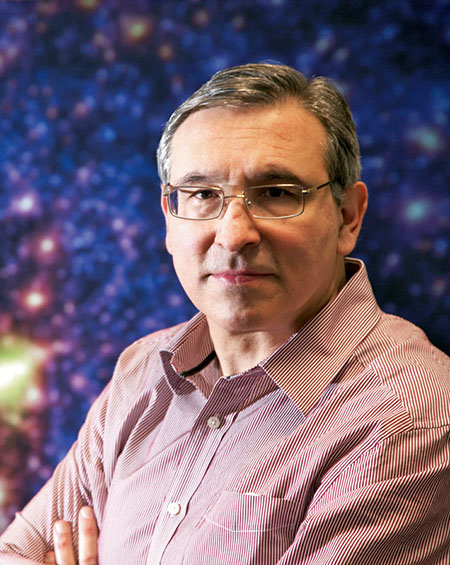
The "Lambda cold dark matter'' (LCDM) cosmological model is one of the great achievements in Physics of the past thirty years. Theoretical predictions formulated in the 1980s turned out to agree remarkably well with measurements, performed decades later, of the galaxy distribution and the temperature structure of the cosmic microwave background radiation. Yet, these successes do not inform us directly about the nature of the dark matter. Indeed, there are competing (and controversial) claims that the dark matter may have already been discovered, either through the annihilation of cold, or the decay of warm, dark matter particles. In astrophysics the identity of the dark matter manifests itself clearly on sub-galactic scales, including the dwarf satellite galaxies of the Milky Way and especially less massive dark matter halos, too small to have made a galaxy. I will discuss predictions from cosmological simulations assuming cold and warm (in the form of sterile neutrinos) dark matter, including for the properties of the very first halos that ever formed, and show how forthcoming astronomical observations can conclusively distinguish between the two.
 The College of Arts
The College of Arts